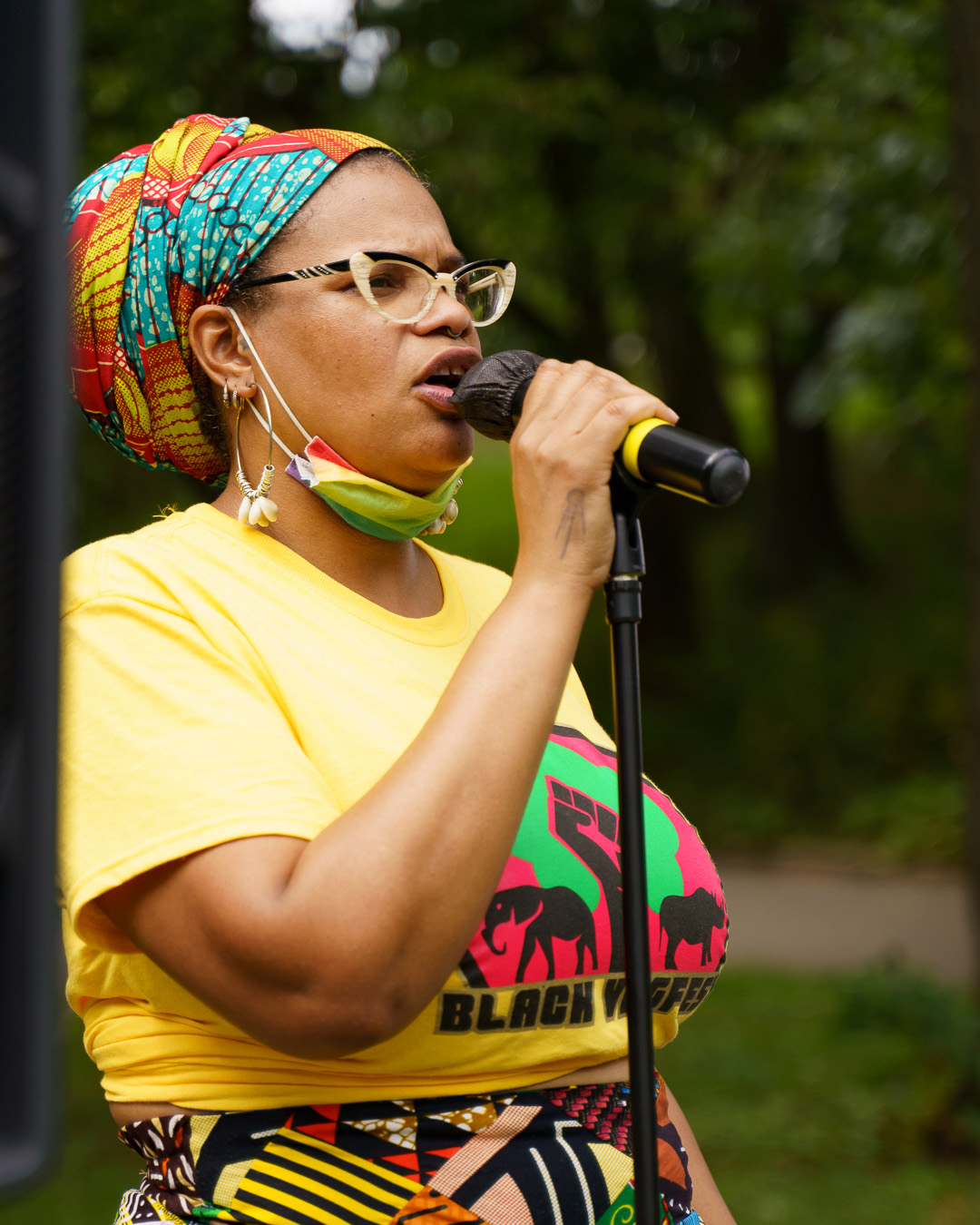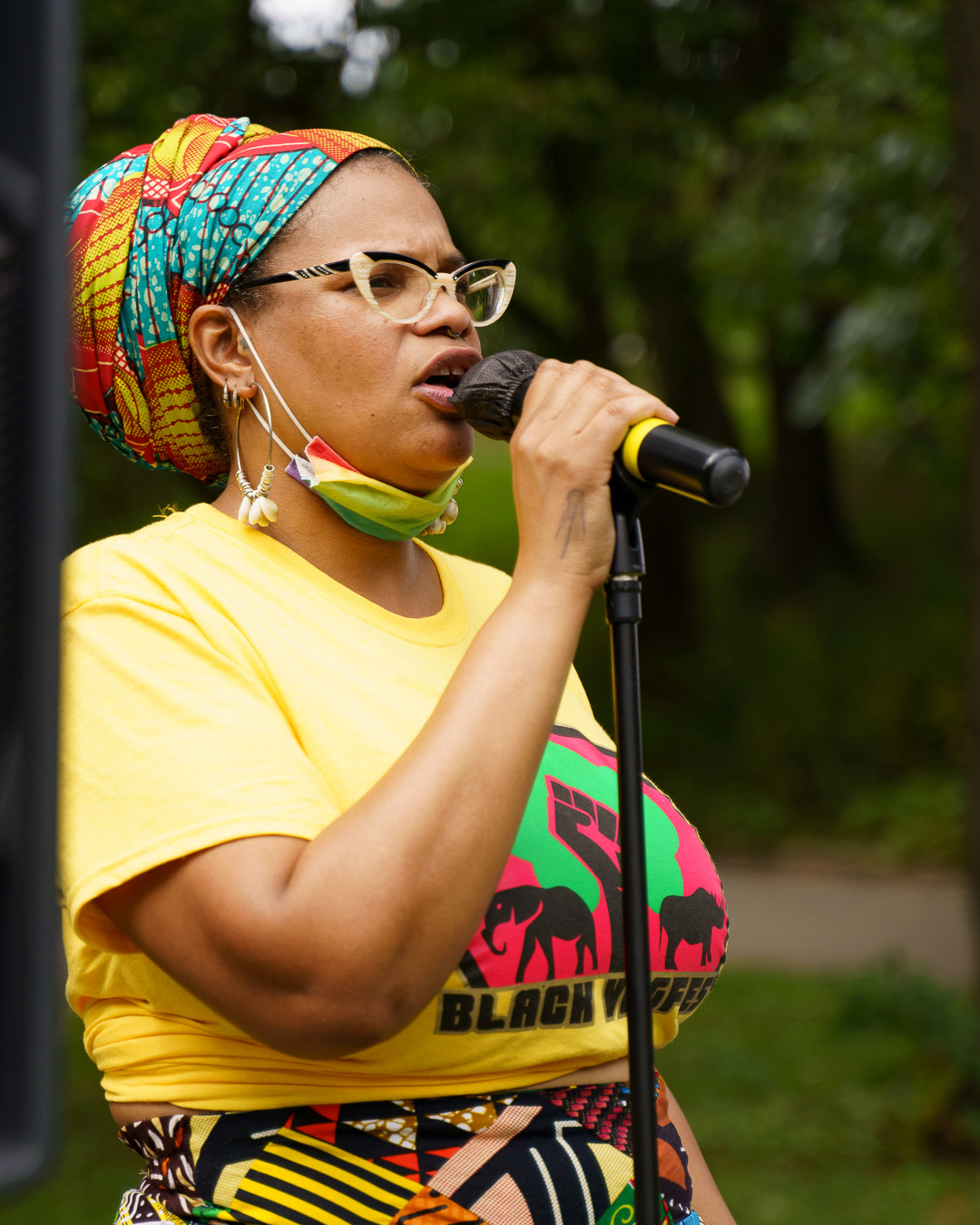Going vegan is about way over meals. Intersectional veganism is about ending oppression for people, the planet, and animals…one chew at a time.
Whereas there are completely completely different diets that reduce meat consumption, from vegetarian to flexitarian, veganism has the underside carbon footprint, and is about kindness to animals and the planet. Veganism is about refusing to eat, placed on, or in every other case devour animal merchandise. As a lifestyle that is about caring for others, why is it met with vitriol?
The loudest proponents of veganism have made the burden loss plan seem exclusionary—as if it’s inconceivable to care regarding the native climate with out being vegan. Far more exclusionary is the veganism commercialized by celebrities who promote an upscale vegan life-style and even weight-loss scheme. Usually, these vegan influencers are white and do not acknowledge the cultures they’re appropriating for his or her vegan recipes, nor do they acknowledge the damaging environmental impacts of elegant vegan meals—many mock meats embody genetically modified soy, which contributes to deforestation, habitat loss, and toxic pesticide use.
For the mainstream vegan movement to be further inclusive, it would need to acknowledge the place it intersects with completely different factors—whether or not or not that’s the planet, animals, or marginalized communities—and help people understand that veganism is bigger than a weight reduction plan, nevertheless a mind-set that prioritizes liberation for people, animals, and the environment.
Previous the Meals plan
LoriKim Alexander is a self-identified Black dyke vegan and organizer in New York Metropolis. Alexander’s vegan observe is about coaching and neighborhood, the place she organizes with groups like Black VegFest, the North Bronx Collective, and The Cypher. She needs vegans of color and marginalized gender identities to be heard.
“We, Black, Indigenous and different individuals of the worldwide majority, have held this info and influenced this work for generations,” Alexander says. “If we’re really dedicated to ending oppression of all oppressed beings on this planet, then there ought to come enter from oppressed individuals—Black, Indigenous, and different individuals of the worldwide majority, significantly trans, non-binary and gender non-conforming people.”
For Alexander, inclusion is one part of the dialog; for inclusion to work, the provision of a message must be fastidiously considered and culturally associated.
Alexander labored on a mutual assist enterprise inside the Bronx neighborhood to feed predominantly Black and brown individuals vegan, full meals in the midst of the pandemic, along with cultivate a forest fragment for nature-based finding out. By the enterprise, Alexander can be a part of ideas like meals justice with veganism and environmental stewardship.
This enterprise captures her nonhuman-centered technique that prioritizes liberation for all beings—for Alexander, veganism is retains marginalized individuals and nonhuman animals on the doorway of her ideas.
“To be really vegan signifies that we check out primarily probably the most sustainable, equitable, and cautious strategies of going about feeding ourselves and taking excellent care of ourselves on this planet,” she says.
Part of that is recognizing that industrial animal agriculture not solely oppresses animals, nevertheless marginalized groups, too.
A Meals plan for the Planet Ought to Embrace its People
Going vegan can reduce the implications of the native climate catastrophe—manufacturing facility farms account for 37% of methane emissions—and veganism can also reduce the affect of air air pollution on marginalized communities. Environmental Working Group’s 2020 “Fields of Filth” report demonstrates that communities of color are nonetheless primarily probably the most affected by air air pollution from manufacturing facility farms—and farmworkers are uncovered to diseases and pesticides at disproportionately extreme expenses.
Initially, Z. Zane McNeill grew to develop into a vegan at 14 for the animals, nevertheless their id as a nonbinary vegan has helped them acknowledge how seemingly disparate social factors intertwine. McNeill is a co-editor of “Queer and Trans Voices: Reaching Liberation By Fixed Anti-Oppression,” which unravels the deep connections between factors comparable to racism, transphobia, xenophobia, and animal agriculture. Alexander may also be a contributor to the information and talks regarding the limitations of the phrase “inclusion” inside the vegan movement.
McNeill notes how the vegan movement has prioritized animal rights with out along with Black and brown communities, which might be oppressed beneath the equivalent system.
Slaughterhouses are well-known for his or her dangerous working conditions. Workers are larger than 3 occasions vulnerable to be injured than in numerous industries. The workers—a third of whom are immigrants, 1 / 4 whom are undocumented, and some whom are presently incarcerated—dwell in fear of deportation or punishment to report workplace and animal abuses. As undercover investigations into concentrated animal feed operations (CAFOs) are outlawed, the facility to reveal dangerous workplace conditions and inhumane animal remedy goes with it. It is the meat packing companies that revenue primarily probably the most from this silence.
It’d make sense for vegan advocacy organizations and immigrant and worker rights organizations to work collectively to complete these abuses for the collective liberation of every occasions. However in 2019, 700 Latin American workers have been arrested when US Immigration and Customs Enforcement (ICE) raided a variety of hen processing vegetation in Mississippi—crucial workplace raid to ever occur in a single state. Facility operators, employed by the wealthiest meat companies inside the US, complied with officers—and white-led vegan advocacy organizations remained largely silent. Alexander says that Black- and Latinx-led vegan groups have been engaged on this for years now. It’s time that white-led vegan organizations spoke up for Black, brown, and immigrant workers as successfully.
Human rights and animal rights groups should cultivate intersectional approaches to veganism in order to collaborate in direction of collective liberation, in line with McNeill.
“In my perspective, you can’t battle for animal liberation with out combating for queer liberation, for justice for Black individuals and for the environment, and for immigrants and for slaughterhouse workers,” McNeill says.
Intersectionality is Inclusivity
Contributors to McNeill’s information draw parallels between white supremacy and animal oppression. Leah Kirts writes that their uncle’s cruelty within the course of cows on his dairy farm mirrored his abuse within the course of the undocumented Mexican immigrants he employed. Reducing non-white individuals and other people with marginalized gender identities to an “completely different” mirrors the habits of “othering” animals.
For Alexander and McNeill, understanding veganism as an ideological framework is to acknowledge the quite a few strategies marginalized groups—every human and nonhuman—are oppressed by white supremacy. Whether or not or not combating for meals sovereignty, animal liberation, immigrant rights, LGBTQ+ rights, or environmental racism, it’s essential to ponder how these factors intersect to work within the course of choices that don’t depart anyone concern behind.
“Numerous [friends] have come to know veganism as a politic,” says McNeill. “After they’re doing direct movement work, it’s not on a regular basis doable to eat plant-based, nevertheless they’re on a regular basis combating for animal liberation, along with their work combating pipelines—which has a direct affect on not merely human communities and the environment, however as well as animal communities.”
Being generous with people is important to creating veganism inclusive, says Alexander, who encourages welcoming imperfect progress.
“Recognizing that if any individual isn’t vegan, that doesn’t indicate they’ll under no circumstances get there, or that they don’t have the aptitude for information,” she says. “If we don’t uphold that individuals can do it, then we’re going to miss them.”
Contact LoriKim Alexander at lorikim@e mail.com
Order a replica of Queer and Trans Voices: Reaching Liberation By Fixed Anti-Oppression from Sanctuary Publishers


